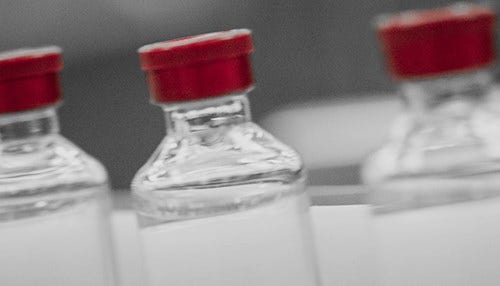Lilly Pulls Plug on Potential Diabetes Treatment
 Lilly says the product received hit the market December 15.
Lilly says the product received hit the market December 15.
Subscriber Benefit
As a subscriber you can listen to articles at work, in the car, or while you work out. Subscribe NowIndianapolis-based Eli Lilly and Co. (NYSE: LLY) says it is discontinuing development of a highly-regarded potential diabetes treatment. Lilly Diabetes President Enrique Conterno says, while the company was encouraged by efficacy data for basal insulin peglispro, "we know that moving forward would have required a significant amount of time and investment with no assurance that we would find conclusive answers."
BIL is a potential treatment for both type 1 and type 2 diabetes. Lilly says the announcement will allow it to focus research and development efforts on "other assets in its portfolio and pipeline."
This morning, the market has responded favorably to Lilly. Shares rose around two percent in early trading, following two days of decreases of around the same amount.
Last year as the company was continuing to deal with the loss of patent protection on several big-name treatments, Lilly was receiving positive results in late-stage trials for patients with type 2 diabetes for BIL. It was being studied as a potential once-daily treatment for type 1 and type 2 diabetes.
Lilly announced in February it was holding off on regulatory submission for BIL to "better understand and characterize the potential effects, if any, of changes in liver fat observed with BIL treatment compared with insulin glargine treatment in the Phase 3 IMAGINE trials." The company then took feedback from regulators on the liver fat data observed during the trials, which Lilly says "informed" its decision to stop development. It says no "new safety signals" were found during these consultations. The company says the call ultimately came down to focusing more on other R&D efforts and potential treatments in the pipeline.
"We are disappointed in the outcome for BIL, but we have an unprecedented opportunity to build upon the industry’s broadest diabetes portfolio, which includes six new treatments approved since the middle of 2014. Lilly remains fully committed to innovative research in the diabetes space, including insulins, as we strive to make life better for people around the world," said Conterno.
